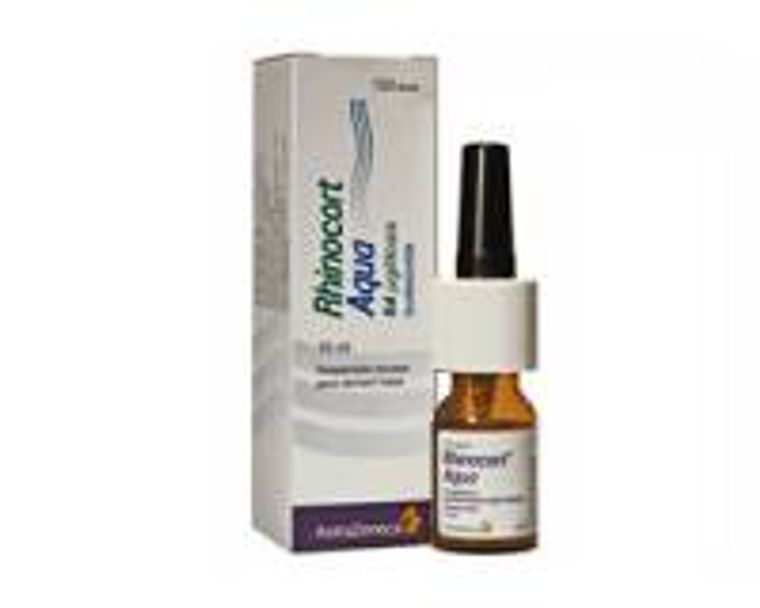Rhinocort is a steroid nasal spray for the treatment of nasal conditions in adults and children over the age of six. This substance is currently available only in spray format and is intended to help treat various conditions caused by seasonal and year-round allergies, including itching, runny nose, nasal congestion and sneezing. The Rhinocort medication includes an active ingredient called budesonide, which is in the group of glucocorticosteroids. The medicine is effective at dealing with a range of nasal conditions because it contains an anti-inflammatory substance that helps to reduce the sensitivity of the nasal mucosa within the nose. This will help to reduce any pain within your nose caused by inflammation, and may help to reduce symptoms such sneezing, itching, and runny or stuffy nose.




